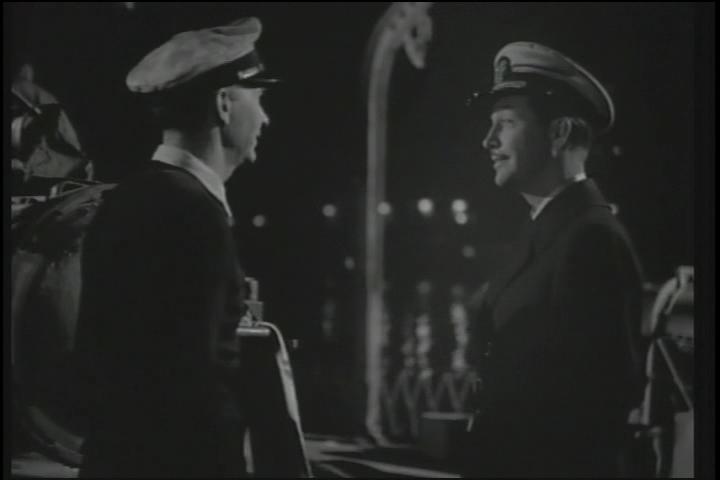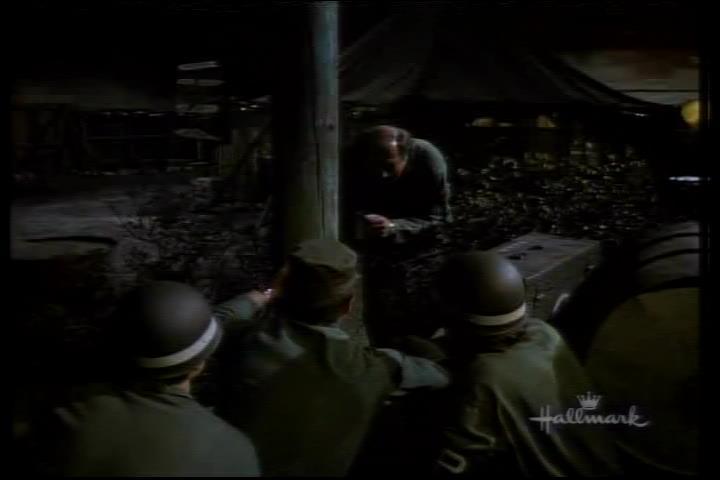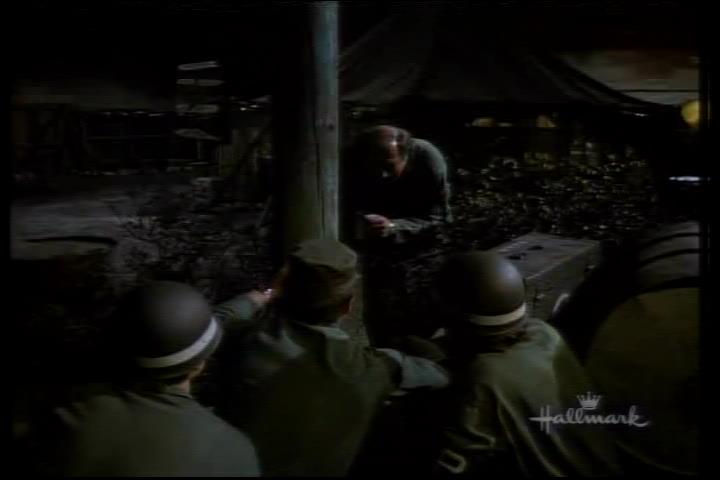I have a Lite-On 5005 I bought mostly for playback of PAL format stuff. While it works great for that purpose, all the encodes it does are too bright when played on anything else but the Lite-On.
When they are played back on the Lite-on they look fine, but read that disk in another application like VideoReDo, and they are too bright, so much so, when using VideoReDo's ad detective that searches for black scenes for commercials, it finds NO black scenes!
Any suggestions?
+ Reply to Thread
Results 1 to 10 of 10
-
-
Lite-On DVD recorders do not have any type of black level input compensation for US/Canada NTSC video sources (7.5 IRE, which is dark gray). In order to properly transfer analog US/Canada NTSC video to digital video (like DVD), the source black level must be "stretched" down to 0 IRE, or the digital video encoder must be able to map 7.5 IRE analog black level to digital video level 16.
This is not a problem in other countries because the rest of the world uses 0 IRE as it's analog video black level standard. In fact, many DVD recorders imported into the US and Canada have this same issue, including for example the Sony RDR-GX315. It is known as the "black level bug".
This is causing your DVD recordings to appear light or washed out when they are played on other machines or in your PC. They may look especially washed out on your computer monitor because computer monitors operate on an even wider gray scale range than TV's do.
You can use an outboard "proc amp" to adjust the black level of your source videos, or just replace the Lite-On with a DVD recorder that has input black level compensation. Toshiba D-R4 and Panasonic DMR-ES20 are two decent entry level models that have this feature. -
@gshelley61
If you record a 7.5 IRE BLACK video to the Lite-On or any DVD recorder that is only "hard-wired" for 0.0 IRE BLACK then the recording does get washed out as you say. I understand that ... but ...
If you play back that improper DVD recording on a DVD player capable of outputing 0.0 IRE BLACK or "blacker than black" then does it look normal i.e., "hide" the original error in recording?
... or is the damage "done" as they say?
- John "FulciLives" Coleman"The eyes are the first thing that you have to destroy ... because they have seen too many bad things" - Lucio Fulci
EXPLORE THE FILMS OF LUCIO FULCI - THE MAESTRO OF GORE
-
Evening everyone.
Barnabus,
Can you post some dvd recorder images for us to analize ??
fwiw.. My iLO DVDR04 unit would output similar color space as yours.
Here is a webpage where several test images were produced with these
units, Lite-On DVD Recorder Model: 5101 at Sams for $139 any good?
following with the early classics of:
** iLO DVDR04 vs. Pioneer DVR-220-s vs. Lite-On 5101
The image from that thread/topic was from a test that was done by another
long-time member here, NightWing; and I often refer to this thread
topic because it represent the early days of dvd recorder ERA and the
things we did or engineered to learn further from them.
Look for the - Org vs 5101 EP - tests, if you want to see if your unit is
putting out the same color space levels, using his method. But do note the
other images posted, as one of them may be similar to yours and you could
get a feel (or gauge) as to what your unit is doing.
Analizing images..
I use this method when I want to review images for the above reasons and
then some:
** +RW -> Smartripper->HDD -> DGIndex -> VFAPI -> vdubMPEG-2->SaveImageSequence->BMP
I'd be curious to see a few pics of yours:
** Lite-On 5005 -> PC HDD -> bitmap
FulciLives,
I don't believe that the damage is "done", as they say. At least not entirely.
I say this with confidense, and for good reason, read on..
Solving for correct "adjusted" color space..
First, if you look closely at the thread I post above, and regarding the iLO
units, I did find a resolution for the color space conversion when the end goal
is to re-encode the source, for the iLO units. And, I base my results from the
same methods used above, by the member, NightWing; using a small Delphi
app to manipulate bitmaps, etc.
Ok, very briefly.. what I did was first analize the iLO images, and then computed
the average (difference) between the Original and then, the iLO's, and then applied
the new color space formula against the iLO image (ran several tests) and finally
arrived at the same juncture image you see in the - Orig vs. 220 - demo.
This same methodoigy can be applied to every dvd recorder who's color space is
not properly set.. not that they have to be, but when using an Original source
as a guage, they *should* be.. in theory, anyway.
Now, depending on Barnabus response (after he had a chance to look at the thread
I linked to above) if he ( with our help ? ) concludes that his unit suffers
this color space, permenantly, for dvd recorder -> r/rw media alone, then he is
finished with that unit. But, if he is planning on using his unit for some
occational re-encoding projects, then he *might* be in luck with a temporary
band-aid (as they say) using a (how shall I say it) "compensating" filter.
-vhelp 4063 -
Thanks for all info.
For all of these captures, the source is Dishnetwork, on a 508 receiver, input via S-Video connector.

This picture is from a b&w movie of a totally black scene

This picture is from the same movie

a bright scene from the same movie

A color capture from the same lite-on 5005
I am AMAZED that this particular capture does not look too bright, as all other B&W and color captures look washed out from the Lite-on.

A color capture of the same frame (DV) from my canopus ADVC-55, from an identical 508 receiver.
I rarely use the 5005 for capturing anything, the exception being when I am watching something that turns out to be really good and wish I had recorded it. Since the Dishnetwork 508 receiver constantly records whatever is being watched for up to 1 hour, I can back the 508 to the start of the program and then record it on the Lite-on. Been having to re-encode to make it look decent though. -
The DVD will be incorrect, that is to say the black level will have been digitally encoded too high. However, if the DVD recorder or player the disc is played back with is not adding NTSC black level setup to the output (is set at 0 IRE), it won't be as apparent to the viewer because the blacks will look darker.Originally Posted by FulciLives
One must also consider that every video source (different tapes, cable and TV channels, programs, etc.) vary quite a bit. You can easily see this as you click through the dozens of cable channels most people have. Black level, color, hue, etc. is a little different for practically every channel. Some are way off. This definitely complicates recording these sources to DVD.
Here's that too bright frame grab from above, with the black level (brightness) adjusted a bit:

-
I would re-encode by using DGIndex to create a D2V project file then load that D2V directly into TMPGEnc Plus.
When setting up DGIndex set it to RGB instead of YUV output.
That alone (plus what TMPGEnc Plus does to the output) should be enough "adjustment" without actually having to "play around" with the individual components such as contrast and brightness.
Also you may have to checkmark that "dreaded" option in TMPGEnc Plus called "Output YUV data as Basic YCbCr not CCIR601" but then again maybe not. Best to try both ways and see the results. If you use RGB for the D2V in DGIndex then I think that you do NOT have to checkmark that dreaded TMPGEnc Plus option.
- John "FulciLives" Coleman"The eyes are the first thing that you have to destroy ... because they have seen too many bad things" - Lucio Fulci
EXPLORE THE FILMS OF LUCIO FULCI - THE MAESTRO OF GORE
-
My understanding is that it is akin to playing back the DVD on a DVD player set to 0.0 IRE BLACK on output.Originally Posted by Barnabas
So yes it makes everything look a bit darker.
- John "FulciLives" Coleman"The eyes are the first thing that you have to destroy ... because they have seen too many bad things" - Lucio Fulci
EXPLORE THE FILMS OF LUCIO FULCI - THE MAESTRO OF GORE
Similar Threads
-
AvsPmod Seems Less Bright than Final Video
By VideoFanatic in forum RestorationReplies: 13Last Post: 22nd Apr 2012, 17:34 -
Uncompressed AVI too bright with most codecs.
By vidqual in forum EditingReplies: 19Last Post: 31st Dec 2010, 10:45 -
= bright and dark
By beetlespin in forum EditingReplies: 6Last Post: 16th Aug 2010, 19:38 -
New LCD monitor, seems awfully bright!! help!
By sdsumike619 in forum EditingReplies: 20Last Post: 28th Oct 2008, 14:13 -
Bright red, blue?? help...
By waefwaeefwaefw in forum EditingReplies: 3Last Post: 12th Sep 2008, 21:31




 Quote
Quote